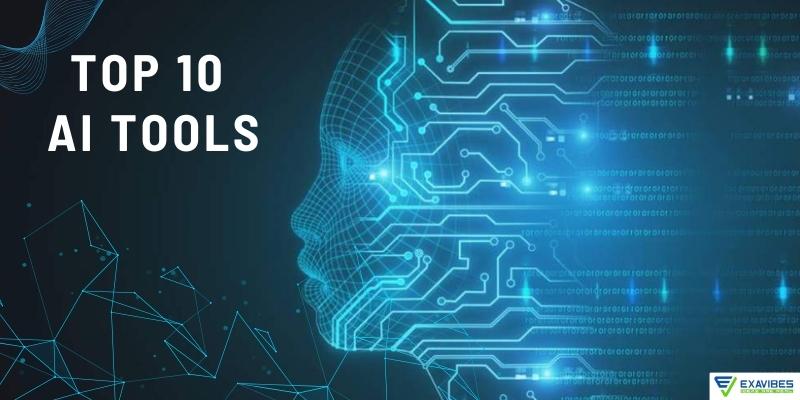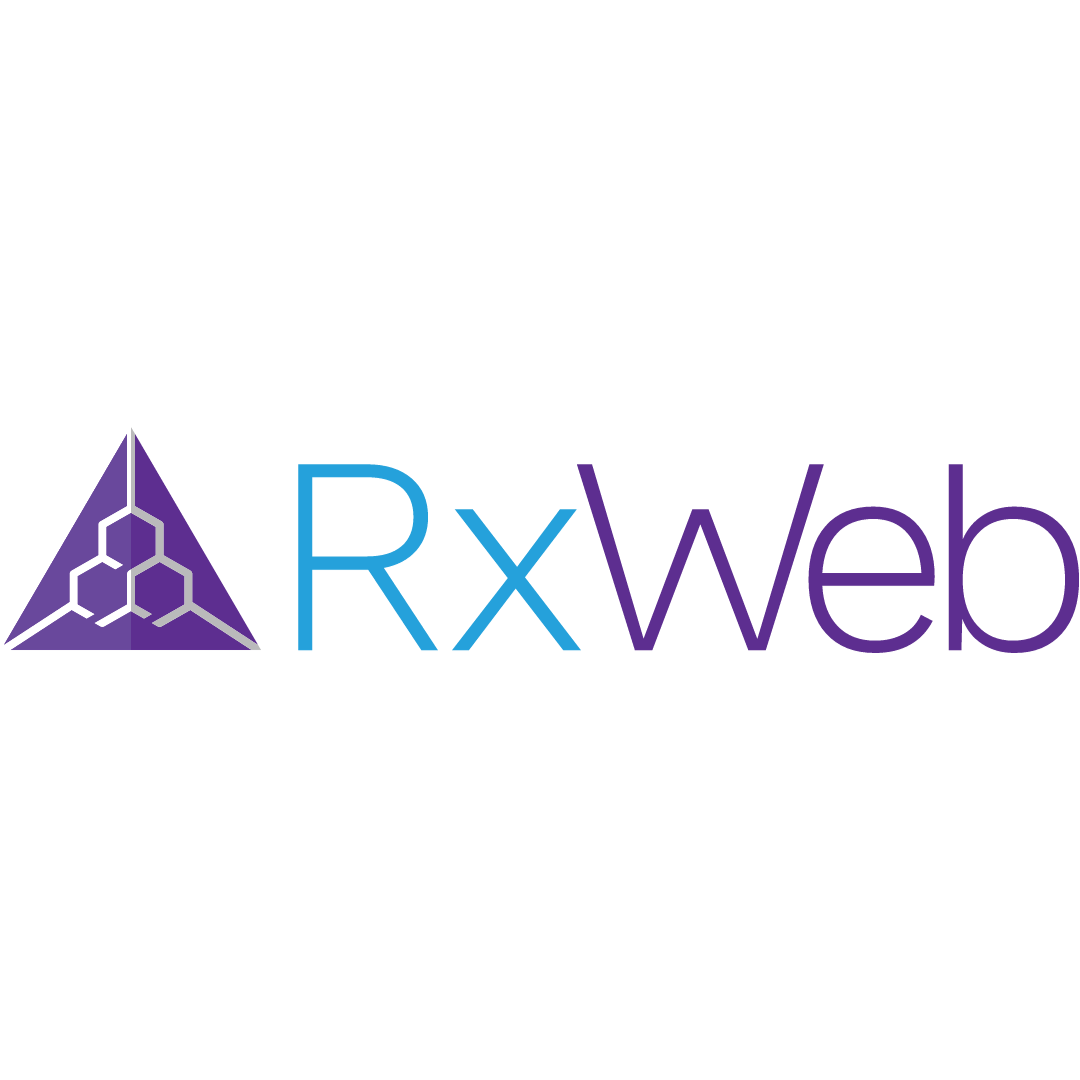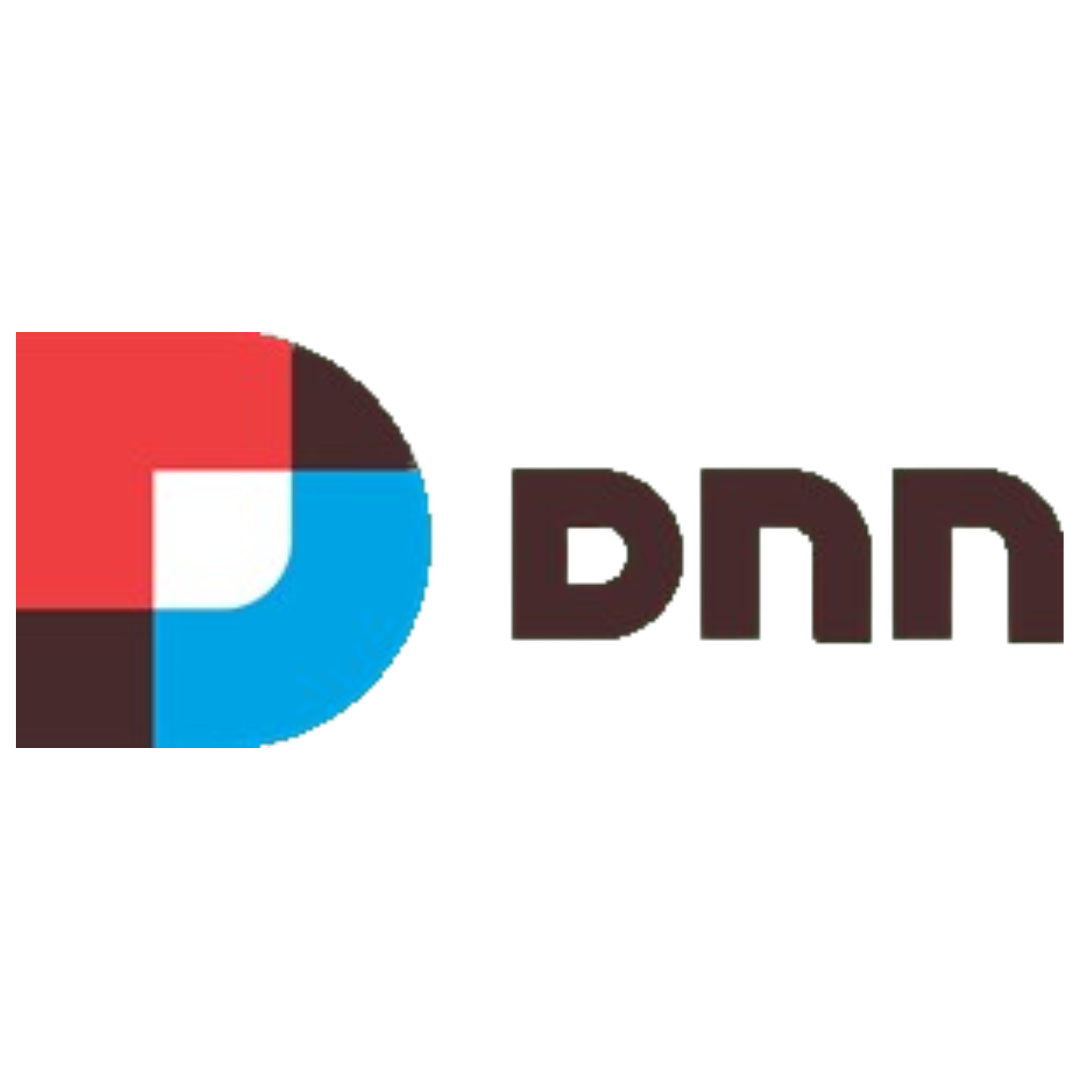
Top 10 AI (Artificial Intelligence) Tools For 2023
Artificial intelligence (AI) is rapidly transforming many industries, and the availability of powerful AI tools is making it easier for businesses of all sizes to adopt AI solutions.
List of Top 10 AI tools for 2023
1. Google AI Platform
Google AI Platform is a suite of cloud-based AI tools that includes services for machine learning, natural language processing, and computer vision. It is one of the most comprehensive and user-friendly AI platforms available, making it a good choice for businesses of all sizes.
2. AWS Machine Learning
AWS Machine Learning is another powerful cloud-based AI platform that offers a wide range of services, including machine learning, natural language processing, and computer vision. It is a good choice for businesses that are already using AWS services and want to integrate AI into their existing workflows.
3. Microsoft Azure Machine Learning
Microsoft Azure Machine Learning is a cloud-based AI platform that offers a variety of services, including machine learning, natural language processing, and computer vision. It is a good choice for businesses that are already using Microsoft Azure services and want to integrate AI into their existing workflows.
4. NVIDIA Clara AI
NVIDIA Clara AI is a suite of AI tools that are specifically designed for healthcare. It includes services for medical imaging, drug discovery, and clinical decision support. NVIDIA Clara AI is a good choice for healthcare organizations that want to use AI to improve the quality of care and reduce costs.
5. Hugging Face Transformers
Hugging Face Transformers is a library of pre-trained language models that can be used for a variety of tasks, including machine translation, text summarization, and question answering. Hugging Face Transformers is a good choice for businesses that want to use AI for natural language processing tasks.
6. OpenAI API
OpenAI API is a service that provides access to OpenAI's large language models, such as GPT-3. OpenAI API is a good choice for businesses that want to use AI for complex natural language processing tasks, such as generating creative text formats or answering open-ended questions.
7. DeepCoder
DeepCoder is a tool that can generate code from natural language descriptions. DeepCoder is a good choice for businesses that want to use AI to automate software development tasks.
8. AutoML Tables
AutoML Tables is a tool that can build machine learning models from tabular data without any coding required. AutoML Tables is a good choice for businesses that want to use AI to analyze their data and make better decisions.
9. Google Cloud Vision API
Google Cloud Vision API is a service that provides access to Google's computer vision capabilities. It can be used for tasks such as image classification, object detection, and scene understanding. Google Cloud Vision API is a good choice for businesses that want to use AI to analyze images and videos.
10. IBM Watson Studio
IBM Watson Studio is a cloud-based platform that provides a variety of AI tools, including machine learning, natural language processing, and computer vision. It is a good choice for businesses that want to use AI to develop and deploy AI solutions quickly and easily.
These are just a few of the many AI tools that are available today. With so many options to choose from, businesses of all sizes can find an AI tool that meets their specific needs.
How AI tools can be used
- Google AI Platform can be used to develop machine learning models to predict customer churn, optimize marketing campaigns, and detect fraud.
- AWS Machine Learning can be used to develop natural language processing models to generate customer support chatbots, translate languages, and summarize text.
- Microsoft Azure Machine Learning can be used to develop computer vision models to identify objects in images and videos, classify products, and detect defects.
- NVIDIA Clara AI can be used to develop medical imaging models to diagnose diseases, identify cancer cells, and plan surgeries.
- Hugging Face Transformers can be used to develop machine translation models to translate text between languages, text summarization models to summarize text into shorter, more concise formats, and question answering models to answer questions in a comprehensive and informative way.
- OpenAI API can be used to develop models to generate creative text formats, such as poems, code, scripts, musical pieces, email, and letters.
- DeepCoder can be used to automate software development tasks, such as generating code from natural language descriptions, filling in boilerplate code, and refactoring code.
- AutoML Tables can be used to analyze tabular data and make better decisions, such as identifying trends, predicting outcomes, and optimizing processes.
- Google Cloud Vision API can be used to analyze images and videos to identify objects, classify products, detect defects, and understand scenes.
- IBM Watson Studio can be used to develop and deploy AI solutions quickly and easily for a variety of tasks, such as customer segmentation, fraud detection, and product recommendation.
In addition to these specific examples, AI tools can be used to solve a wide range of problems in a variety of industries. For example, AI tools are being used to:
- Improve customer service: AI chatbots can provide 24/7 customer support and answer customer questions quickly and accurately.
- Personalize marketing campaigns: AI can be used to segment customers and target them with personalized marketing messages.
- Optimize supply chains: AI can be used to predict demand and optimize inventory levels, which can help businesses save money and improve efficiency.
- Automate tasks: AI can be used to automate repetitive tasks, such as data entry and customer support, freeing up employees to focus on more strategic work.
- Develop new products and services: AI can be used to analyze data and identify new opportunities for products and services.
As AI technology continues to develop, we can expect to see even more innovative and groundbreaking applications for AI tools in the years to come.
Benefits of using AI tools
There are many benefits to using AI tools, including:
- Improved efficiency and productivity: AI tools can automate tasks and streamline workflows, which can help businesses save time and money.
- Improved decision-making: AI tools can analyze data and identify patterns that humans may miss, which can help businesses make better decisions.
- Increased customer satisfaction: AI tools can provide personalized customer experiences and improve customer service.
- New product and service development: AI tools can be used to explore new ideas and develop new products and services.
Challenges of using AI tools
While AI tools offer many benefits, there are also some challenges to consider, including:
- Cost: AI tools can be expensive to purchase and implement.
- Complexity: AI tools can be complex to use and require technical expertise.
- Bias: AI tools can be biased, which can lead to inaccurate or unfair results.
- Privacy and security: AI tools collect and store large amounts of data, which raises concerns about privacy and security.
How to choose the right AI tool
When choosing an AI tool, it is important to consider the following factors:
- Your specific needs: What tasks do you want the AI tool to help you with?
- Your budget: How much money are you willing to spend on an AI tool?
- Your technical expertise: How much technical expertise do you have?
- The complexity of the AI tool: How complex is the AI tool to use?
- The potential for bias: Is there a risk of bias in the AI tool?
- Privacy and security: How will the AI tool collect and store data?
Conclusion
AI tools offer a wide range of benefits for businesses of all sizes. By carefully considering your specific needs and choosing the right AI tool, you can improve efficiency, productivity, decision-making, customer satisfaction, and product and service development.
In addition to the benefits and challenges mentioned above, it is important to note that AI is still a developing technology. As such, there is always the potential for new challenges to emerge. It is important to stay up-to-date on the latest AI developments and to carefully monitor the performance of AI tools in your business.
By being aware of the potential challenges and taking steps to mitigate them, businesses can maximize the benefits of AI tools and use them to achieve their goals.


































































comments for "An Interview with Exavibes Services"
Leave a Reply